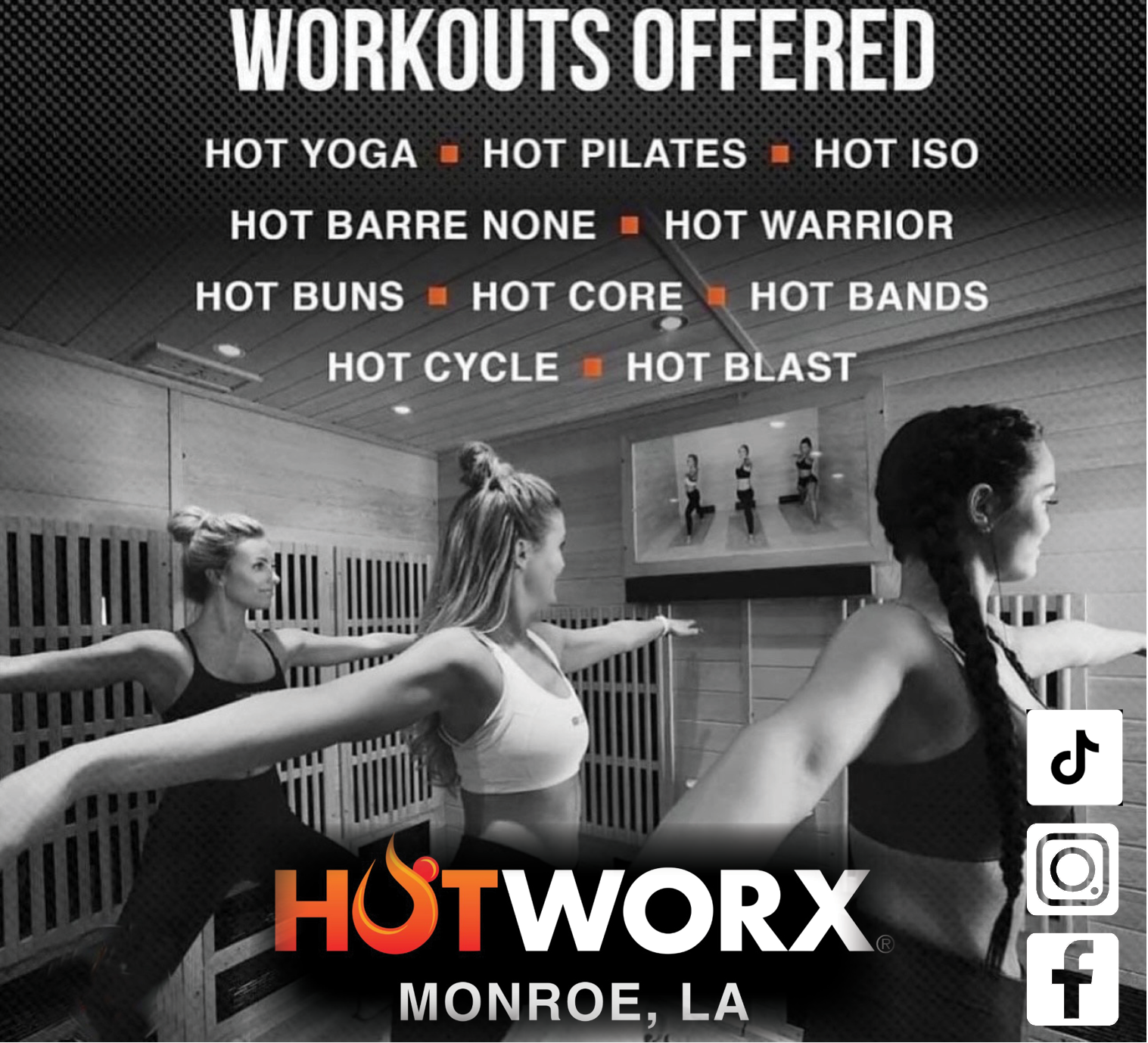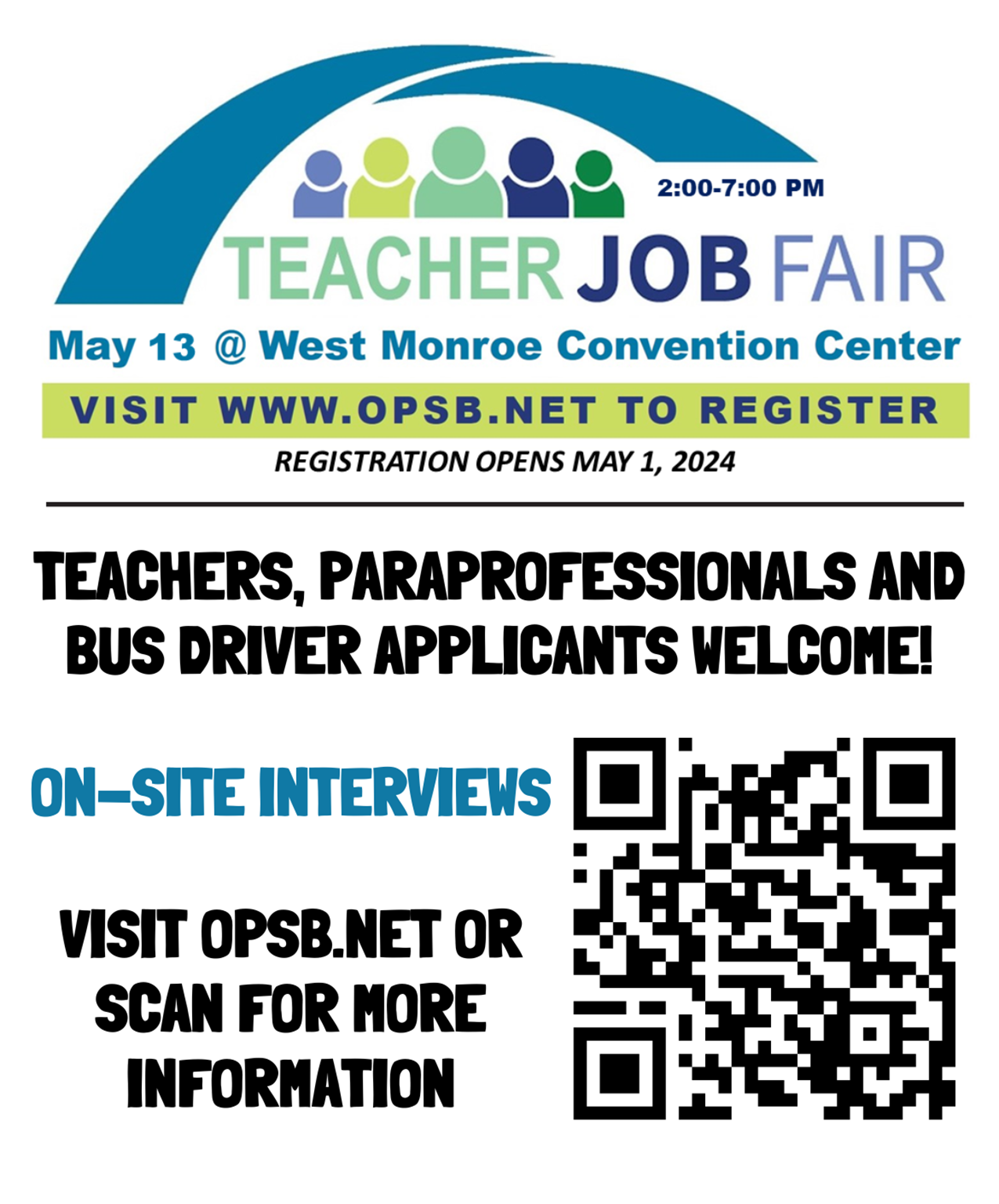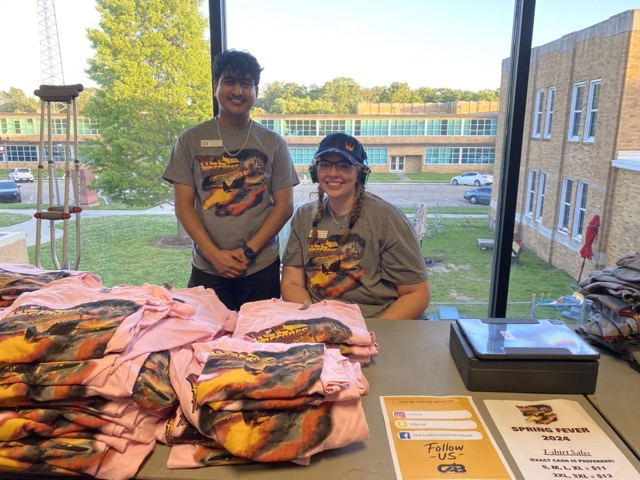Recently Shakespeare Books & Antiques, a bookshop in Oregon, announced that it was closing down, the owner citing declining sales and the emotional stress of a boycott started by the Oregon Shakespeare Festival.
The OSF had started the boycott due to a display that SB&A owner, Judi Honore, had set up that focused on banned books, in particular books that were banned for racial reasons. Among them The Adventures of Huckleberry Finn, To Kill a Mockingbird, I Know Why the Caged Bird Sings and Little Black Sambo.
It was the inclusion of the last book that would spur the boycott and From here everything gets more complicated, confusing, nuanced, and honestly some six hundred words aren’t going to do it justice; but it’s what we’re working with so let’s muck everything up.
First off, the uncontroversial.
Little Black Sambo is super racist.
Nobody gets to tell the offended to not be offended. The offender doesn’t get to say what is and is not offensive. Boycotts are a form of legitimate protest and speech to express an opinion. Words, images and ideas are extraordinarily powerful. They are also able to be used for great good or to cause very real harm. Your right to freedom of speech doesn’t include a right to an audience. Everyone has a right to free speech within reason. To paraphrase, these truths are self-evident.
Now comes the tricky part. Was Shakespeare Books & Antiques censored? If you adhere to an increasingly popular argument that interprets free speech as the government not stopping you from speaking, then the answer is clear. SB&A wasn’t censored.
However, under this argument the only possible source of oppression is the government, and therein lies the flaw. Oppression takes many more forms than merely the law, in fact, governments frequently don’t have to lift a finger for censorship to occur. What this argument fundamentally ignores is how societies and communities end up censoring individuals without the aid of the law or government authorities.
The very worst end of the spectrum yes, but not at all dissimilar from the main purpose of lynchings in our own history. Both events ultimately use death of outspoken people that society has chosen to reject to enforce conformity.
Then there’s the far less dramatic forms of social censorship, perhaps best embodied in the Hollywood Blacklist, a private industry action that denied numerous people jobs and was a tool to enforce conformity and censor individuals for presumed dissent.
It’s certainly worth mentioning that according to the American Library Association only 4 percent of book challenges come from government, which is less than even “other” at 7 percent.
So, was SB&A censored by social pressures? Honestly, I’m not fully sure. Everything I said above still stands: boycotts are legitimate means of speech and it’s no one’s place to tell someone that something isn’t offensive if it does offend them.
However, I also believe that boycotts should be well organized and have a set, focused goal in order to be effective.Otherwise they risk becoming a negative social pressure. I believe that no one has a right to not be offended, and I accept that in order for free speech to mean anything, it needs to be as broad as possible.
My main concern is how we define and deal with censorship. Personally, I believe that you shouldn’t be fired or killed for what you say, because if your livelihood or life is under threat for what you think, then free speech is meaningless, no matter how laid back the law is.






